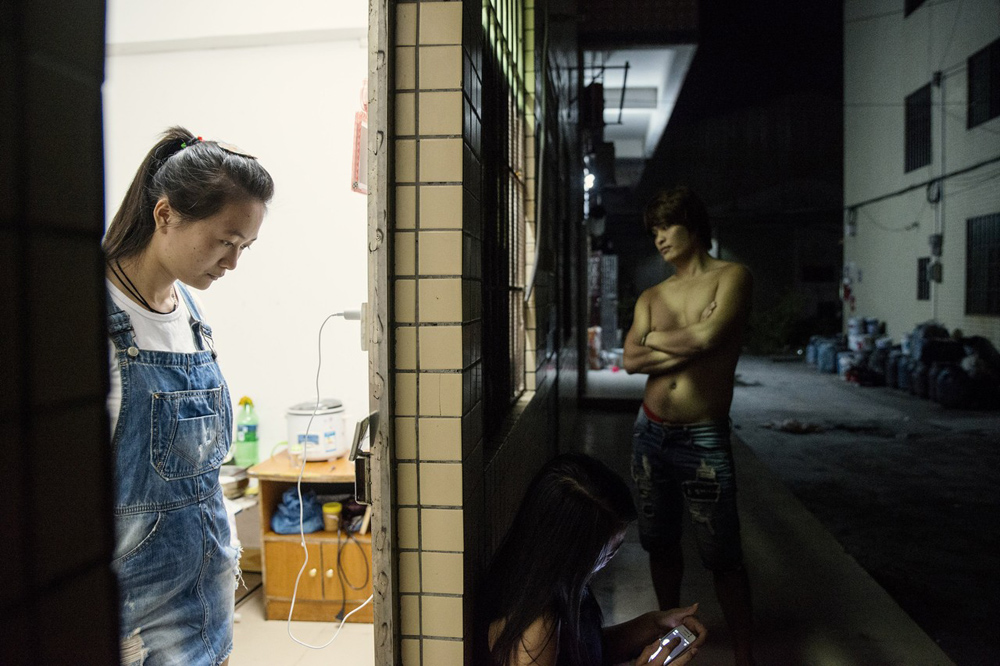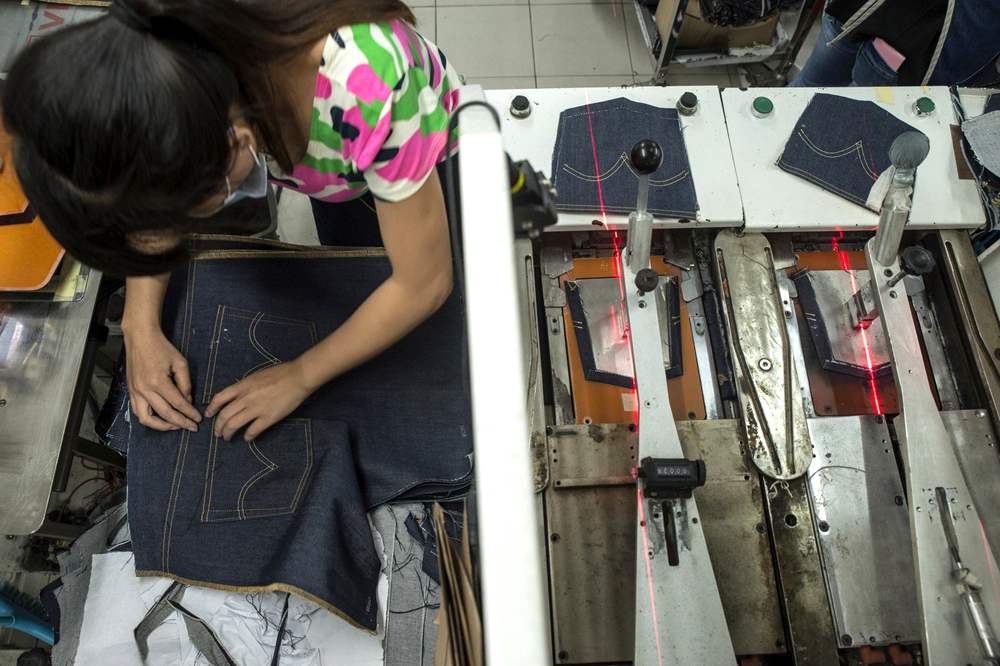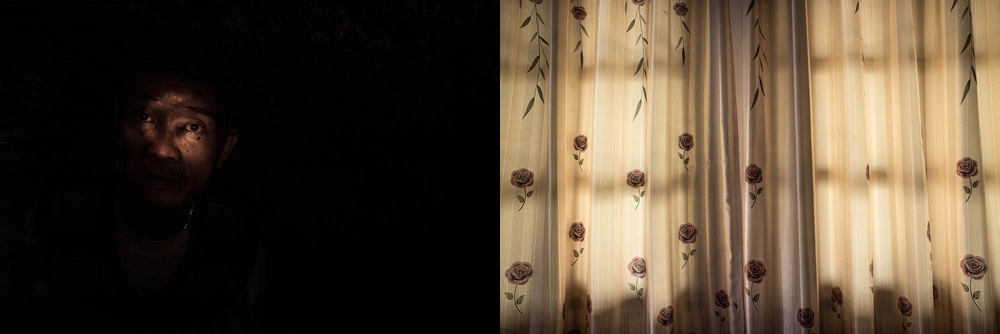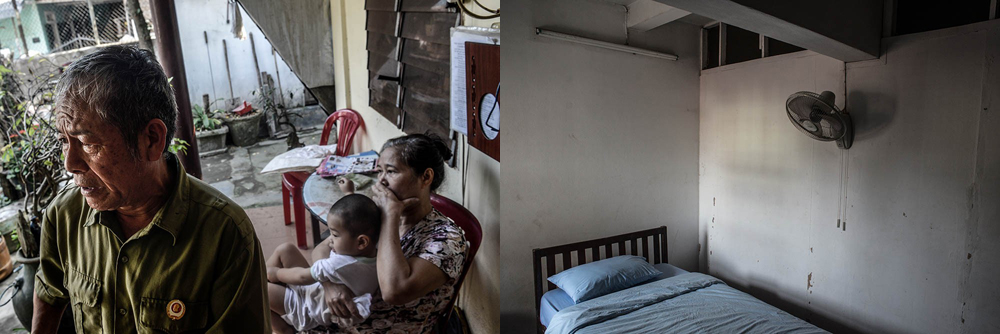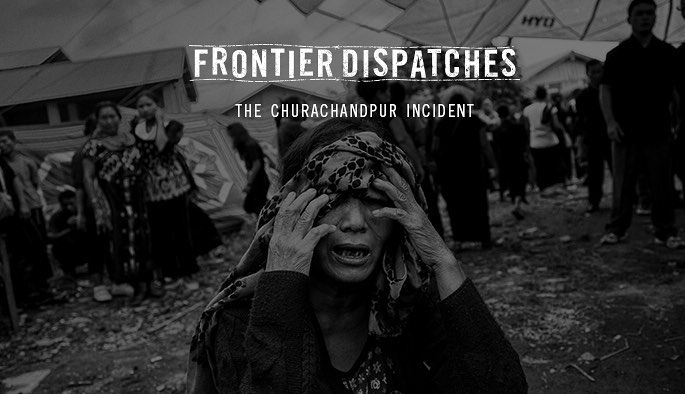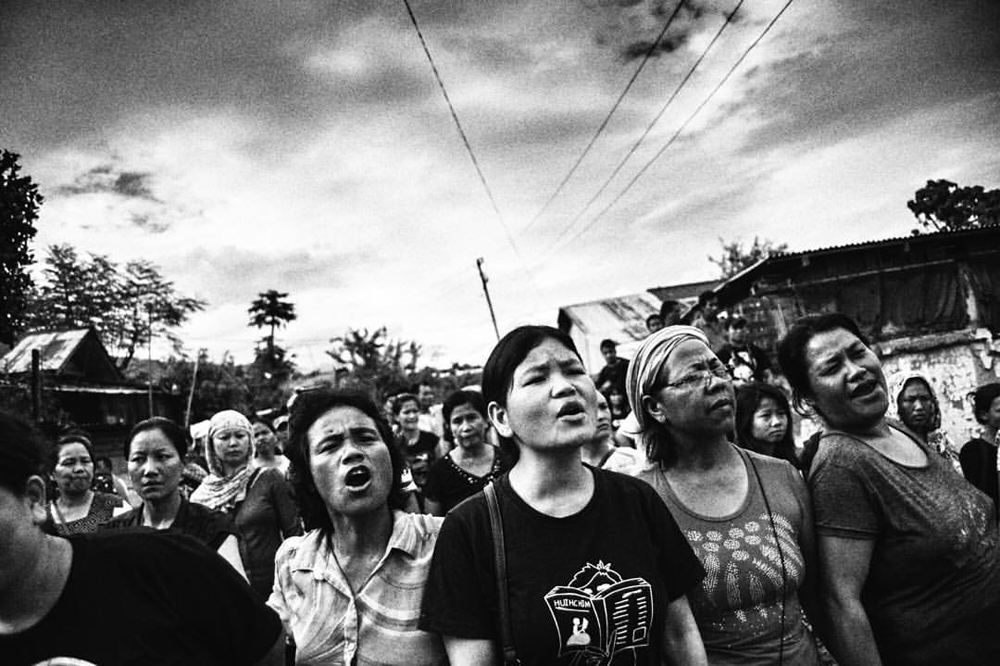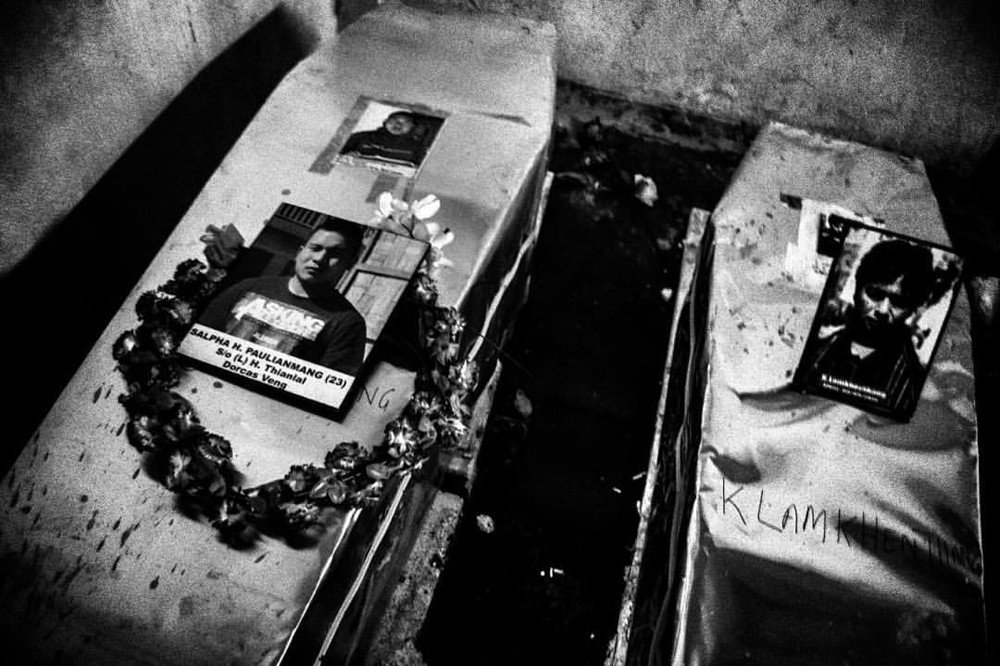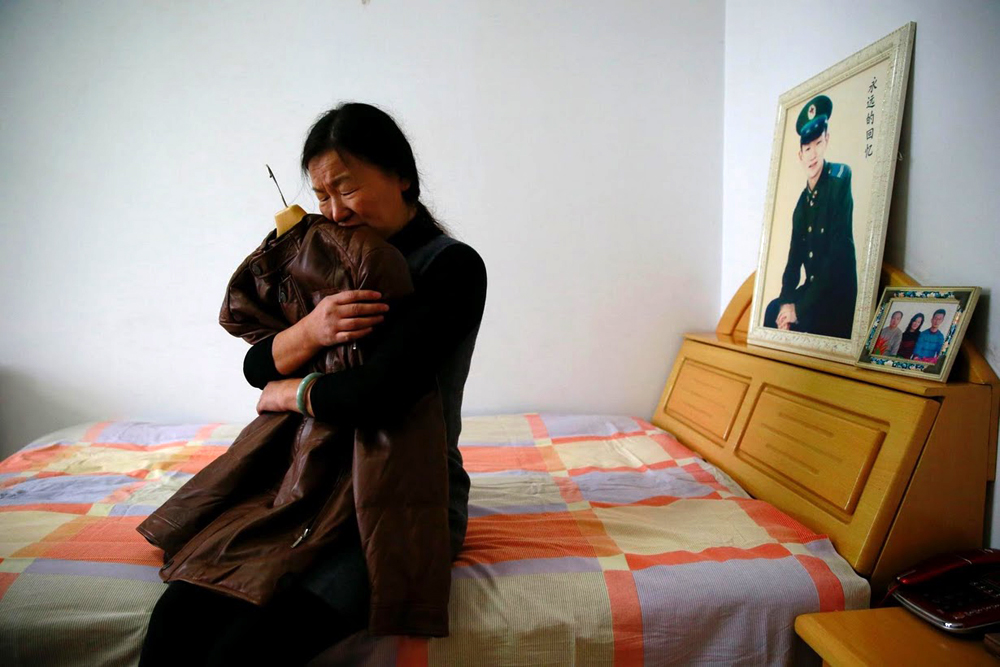
Zheng Qing was devastated when she heard the news last month that China will scrap the one-child policy. It was too late to have a second child. She thought it was a great honour to follow the one child policy at that time but now feels the rule has let her down badly.
She and her husband are among more than a million grieving Chinese parents who have lost the only child that the government allowed them to have.
Zheng’s husband, Fan Guohi, 56, has petitioned the government to give „shidu“ parents, those who have lost their only child, both moral and financial support. Their son died from a car accident in 2012. His loss left the couple „emotionally ruined“, Zheng said.
„One-child families are walking a tightrope,“ Fan said. „Once you lose your child, you lose all hope.“
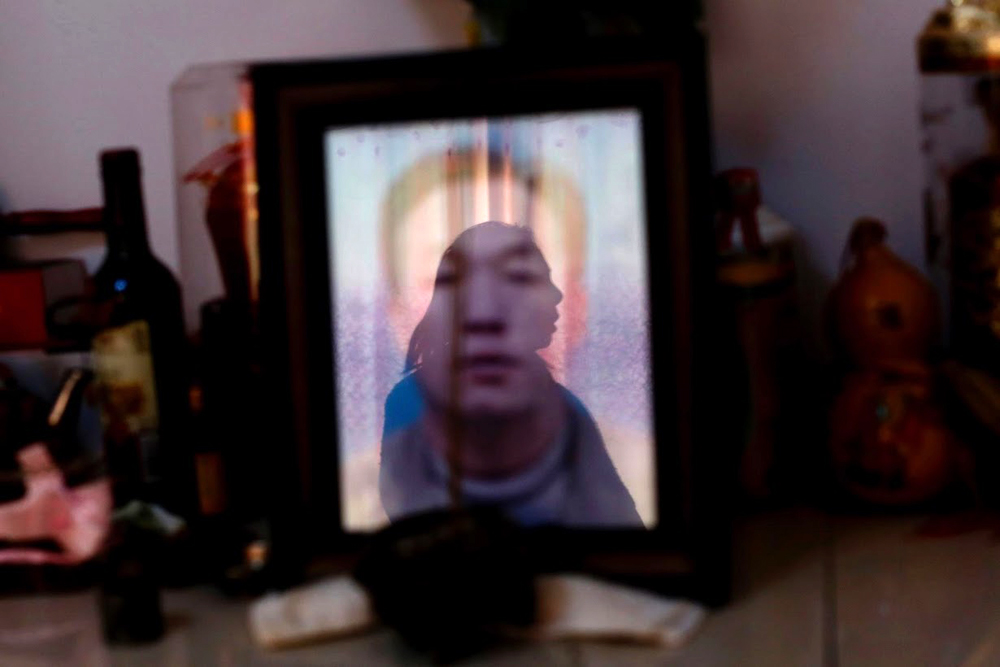
Read the whole article and see more pictures on Wider Image Reuters:
https://widerimage.reuters.com/story/china-when-an-only-child-dies
„Kim Kyung-Hoon studied photojournalism at a university in South Korea before beginning his career at a local newspaper. In 2002 he joined Reuters‘ bureau in Seoul as a staff photographer and is currently based in Beijing after working for six years in the Tokyo bureau. He has covered a range of stories from the daily spot news, political news and disaster stories to sports events.“
Wider Image: In-depth visual reports from across the world by Reuters, the world’s largest news agency. Updated daily with new stories.
